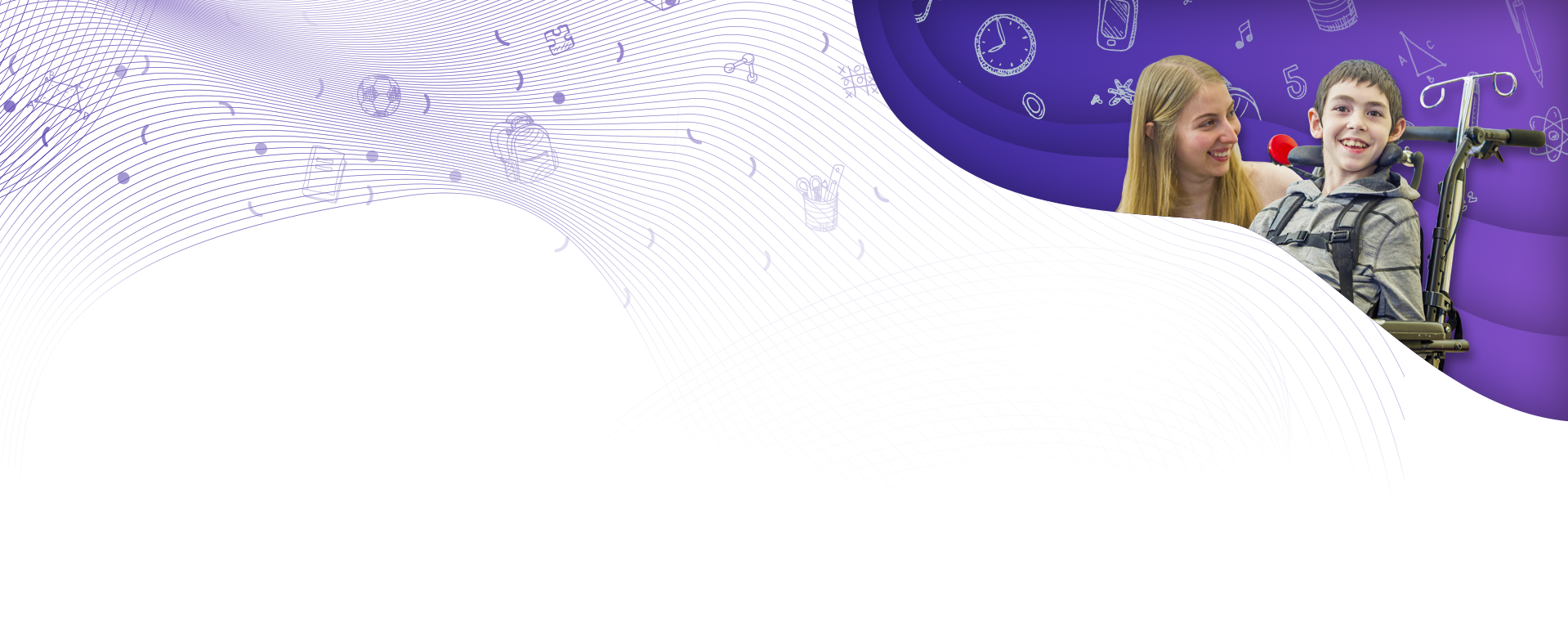
Information About Diagnosis
On this page:

What are disabilities and developmental challenges?
Childhood disabilities and developmental challenges include mobility challenges (such as difficulty or inability to walk), thinking skills and/or behaviour challenges (e.g. intellectual disability, autism, attention-deficit/hyperactivity disorder), and sensory difficulties (e.g. vision/hearing loss).
Many disabilities and disorders will be identified by the time an adolescent attends secondary school. This might include more noticeable disabilities such as cerebral palsy, blind and low vision, Deaf, deaf and hard of hearing, physical disability, intellectual disability, communication and language disorders or autism. Others are more difficult to diagnose before secondary school. For example, some children with more severe Attention-Deficit/Hyperactivity Disorder (ADHD) are diagnosed in primary school. Other adolescents with less noticeable challenges such as inattentive behaviour may not show clear signs of ADHD until they start secondary school. Adolescence can also be a common time for other challenges to appear, including anxiety and mood disorders such as depression. Some of the common developmental challenges or disabilities diagnosed in secondary school are:
- Attention-deficit/hyperactivity disorder
- Oppositional defiant disorder
- Anxiety
- Mood disorders (e.g. depression)
- Specific learning disabilities (reading, mathematics, writing)

What are some of the signs?
As the parent of your teen, you are often the first to notice a challenge with their development. If you notice an area where they have a challenge, you can get help.
A young person may need additional support if some of the following signs are present and affecting their learning, mood, participation, and/or ability to make and keep friends:
- Reduction in socialising; keeps to themselves
- Low mood or irritability
- Decrease in their participation in school and/or social activities
- Frequently feels tired, worthless or unmotivated
- Struggles with schoolwork; finding it much more difficult to understand than their peers
- Avoidance of specific situations such as going to school, social events, school concerts or physical education
- Frequent stomach aches, a racing heart or other physiological symptoms (with no known medical cause)
- Struggles completing schoolwork due to being distracted or unable to sit still
- Many more challenges with reading, writing or mathematics in comparison to their peers
- Refusal to follow requests or instructions
- Frequent outbursts or meltdowns
- Steals or destroys others’ property
- Smoking, drinking alcohol or substance use

How to seek help
If you think your teenager is experiencing challenges in any area you can talk to your general practitioner, their teacher or the school guidance counsellor.
Your general practitioner might refer you to a paediatrician or allied health staff such as a psychologist, speech pathologist or occupational therapist. Most schools can organise assessments or support with psychologists or speech pathologists.
Schools plan for meeting diverse student needs using their budgets. Where appropriate, schools will organise applications for additional funding for individual children, and they will work with you to do this.
An individual education plan may also be helpful. This is a plan with strategies to address the specific strengths and abilities of your child at school, including schoolwork and behaviour. Talk to your child's teacher to find out more.
